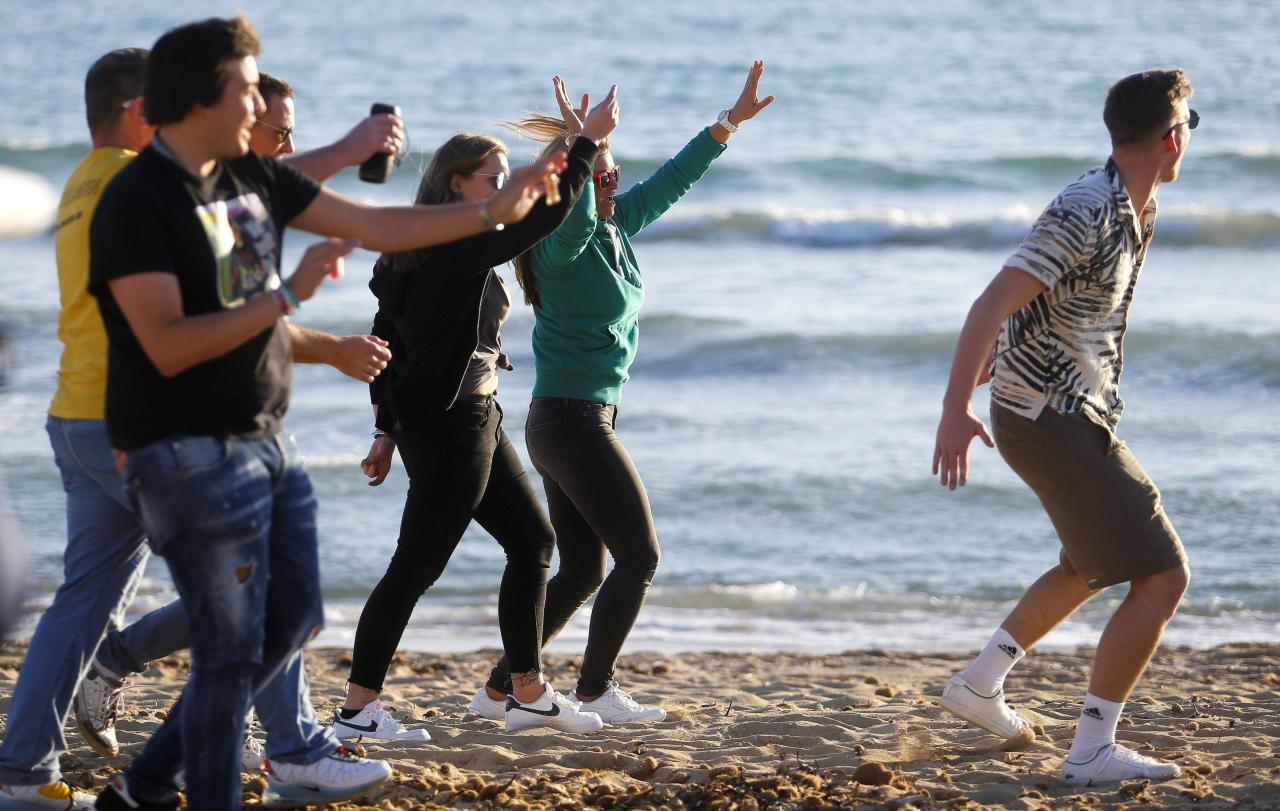The ban, however government sources pointed out, raises doubts about its constitutionality. The Ministries of the Interior and Justice are analysing its legal viability.
The demand for travel and tourist stays in Mallorca has skyrocketed in Germany as a result of the recent decision to remove the Balearic Islands from the list of risk areas for COVID, which eliminated the requirements of negative PCR and quarantine when returning from vacation .
The Minister of Finance, Olaf Scholz, is against unrestricted travel to the Balearic Islands and today said that he considered it correct that all travelers have to undergo a PCR upon arrival in Germany.
“It is not good that now, in this situation, these trips take place, and that is why we have agreed on measures to help prevent it from becoming fashionable,” said Scholz when asked about it at a press conference.In his view, it is not correct that some Germans can fly to other places and act without the restrictions on public life and economic activity in force in their country.
In Germany, inland tourism has been banned since the end of last year and catering can only be used to go. In return, except occasionally in some localities, there have been no night curfews.
The situation has also caused a strong controversy in Spain, where the majority of citizens will not be able to leave their autonomous community at Easter due to the restrictions of the pandemic.
On March 12, the German authorities removed the Balearic Islands (along with the Valencian Community, La Rioja, Extremadura, Castilla-La Mancha and Murcia) from the list of risk areas, which eliminated the requirement of negative PCR and quarantine for travelers from these autonomous communities.
This list is updated every Friday by consensus by the Robert Koch Institute (RKI) and the Ministries of Health, Foreign Affairs and Interior.
One of the main criteria is the cumulative incidence, although the German government has not explained in detail how the classification is decided.
The decision on the Balearic Islands triggered the German demand for holiday trips for Easter to Mallorca - the most popular international destination for Germans - and led several companies in the aeronautical and tourism sector to adapt their plans accordingly, multiplying their offer.


No comments
To be able to write a comment, you have to be registered and logged in
Currently there are no comments.